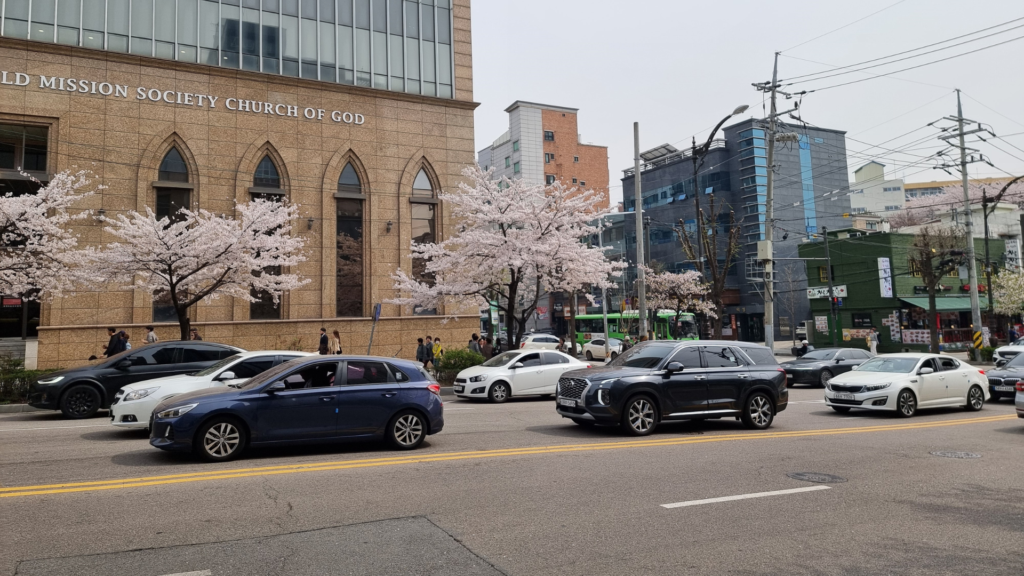Thanks to media products, so many Korean terms are becoming more and more well-known all over the world. K-pop is now a widespread music genre – so much that the term is even in dictionaries. Enthusiasts, however, while not studying the language, are not limited to this and are also familiar with many of the most common Korean words in K-pop songs. Continue reading this article to learn more!
The most used Korean words in K-pop songs by genre

Korean words related to love
One of the most prominent themes in K-pop songs is love, particularly love that is unhappy because it is unrequited or ended. And so, listening to the lyrics, you may often hear expressions such as 사랑해, saranghae, or 보고 싶어, bogo sipeo, which mean “I love you” and “I miss you,” respectively. The protagonist of the song often states that he or she is in pain because of this love, and so you may hear terms such as 앞음, apeum, 마음, maeum, and 가슴, gaseum, which respectively mean “pain,” “heart,” and “chest,” which is also used to mean the heart.
If you want to learn about other expressions related to this topic, we also recommend you read our article How to Say I Love You in Korean.

Words of apology
With sorrow often also comes self-pity and the realization that you were wrong, and so you will surely have heard these words in K-pop songs: 미안해, mianhae, meaning “sorry” and 잘못했어, jalmothaesseo, meaning “I was wrong.” You may also have happened to hear the word 바보, papo/babo , which means “stupid.” After that, we often ask ourselves “what to do” to resolve the situation or at least get through this painful phase – and that’s when you can hear the expression 어떡해, eotteokhae.

Body Parts
For one reason or another, among the most frequently used words in K-pop songs we often find body parts. The most recurrent are 얼굴, eolgul, 머리, meori, 눈, nun, and 잎슬, ipseul, which mean “face,” “head,” “eyes,” and “lips,” respectively. 미소, miso, is also a very frequent term and means “smile,” and like the other body parts, it is often preceded by the adjective 예쁜, yeppeun, meaning “beautiful.” No wonder it is heard so often, because in fact, even outside of songs, Koreans always tend to give many compliments in regards to these body parts.

Everyday expressions
Koreans, when talking to each other, rarely call each other names, particularly if they are not the same age. When a girl calls an older boy, she uses the term 오빠, oppa; if she has to call an older girl, she will instead say 언니, eonni. A boy, on the other hand, will have to call an older girl 누나, nuna, and an older boy 형, hyeong. These terms literally mean “older brother” and “older sister,” but in fact they are also used among friends, acquaintances, or couples. This is because the Korean mentality is to behave as within a large family, of which everyone is a part. For this reason, we often hear these four words in K-pop songs, particularly oppa. Learn more in our article here.
Other expressions that you may surely come across are 괜찮아, gwaenchanha, “it’s okay,” 몰라, molla, “I don’t know,” and 널 생각해, neol saenggakhae, “I’m thinking of you.” Finally, you have surely heard 남자, namja, and 여자, yeoja, “man” and “woman,” respectively; 나, na, 너, neo, or 네가, nega (pronounced niga, however), meaning “I” and “you.”
These are what we think are the most commonly used Korean words in K-pop songs. Do you recognize any of them or would you like to add others to the list? Let us know in the comments!
Read more about how to attend a K-pop concert in this article. For more information on Korean language and culture, keep following the Go! Go! Hanguk blog and feel free to contact us about living and studying in Korea.















